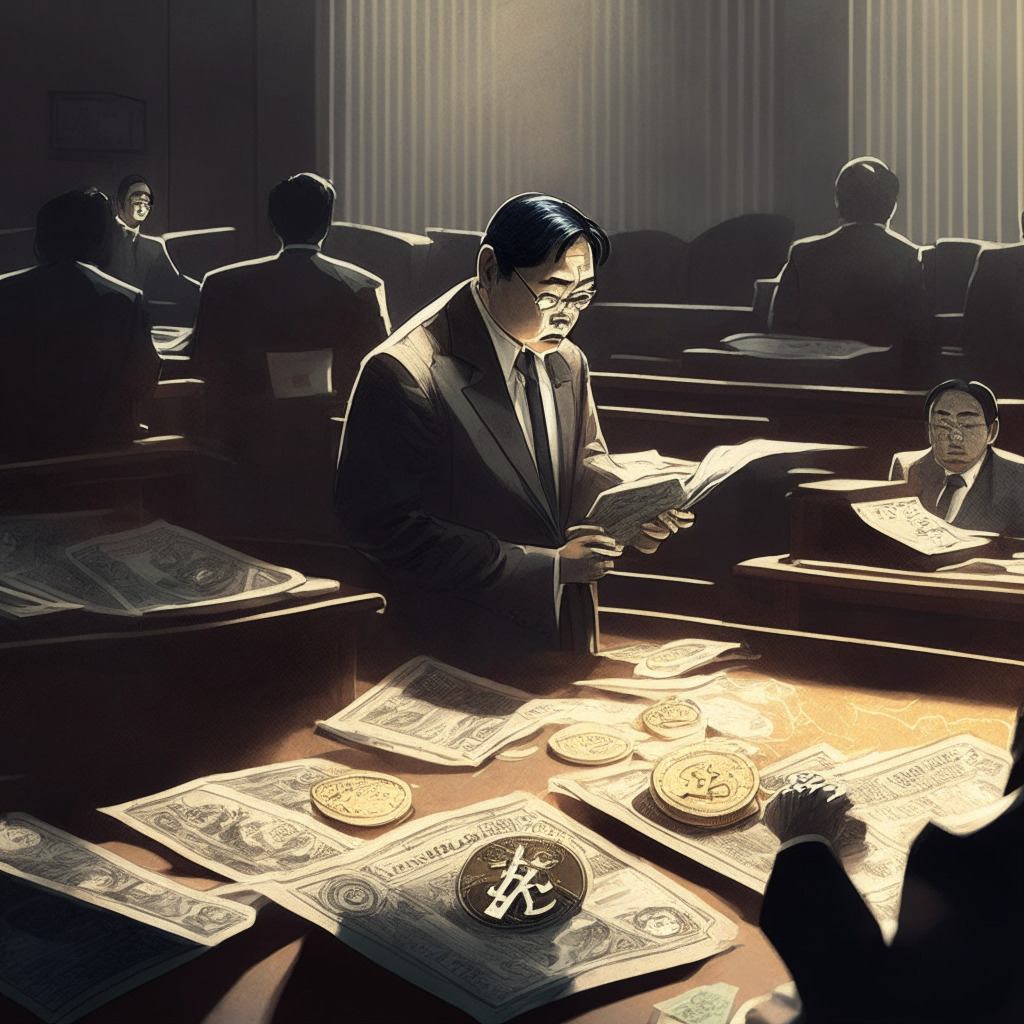South Korean lawmaker Kim Nam-kuk recently announced his departure from the Democratic Party following allegations surrounding his crypto dealings while working on digital asset legislation. Despite leaving the party, Nam-kuk aims to continue proving his innocence independently while also supporting the political faction. Kim Nam-kuk believes that his departure will lift the burden from his fellow party members during this crucial period, and the controversy should no longer impact the party’s activities.
As an independent legislator, Nam-kuk plans to stand his ground against unjust political offenses and wants to bring the truth to light. He criticized the media for reporting on his crypto transactions without considering the facts, and has promised to deal with these reports accordingly. The politician faces accusations of liquidating more than $4 million worth of crypto assets before the implementation of the Travel Rule by the Financial Action Task Force in March 2023.
The South Korean government has been stringent in its oversight of the emerging crypto industry, with the central bank spearheading these efforts. On April 24, the bank obtained the right to investigate crypto-related businesses, enabling it to request transaction data from local crypto operators.
However, investigations may not only affect the privacy of crypto users but may also lead to a drop in innovation within the industry as businesses may hesitate to develop new platforms and services, considering the heavy regulatory presence. This delicate balance between regulation and industry growth is becoming a pressing issue within the crypto community.
In more positive news, South Korea has begun researching the implementation of a central bank digital currency (CBDC) for offline payments. Samsung Electronics recently partnered with the central bank to study the offline capabilities of a CBDC, paving the way for increased adoption of digital currencies and underlining the importance of these technologies.
While the South Korean government’s initiatives to regulate and oversee the crypto industry may protect investors and prevent fraudulent activities, the balance between growth and regulation must be carefully maintained. As the case of Kim Nam-kuk shows, the consequences of some missteps can be profound not only for individuals but for political parties as well.
Source: Cointelegraph




